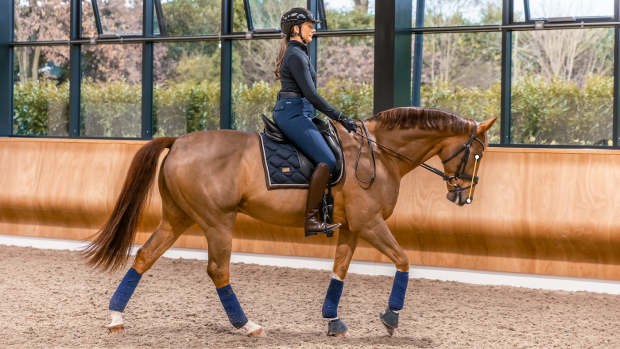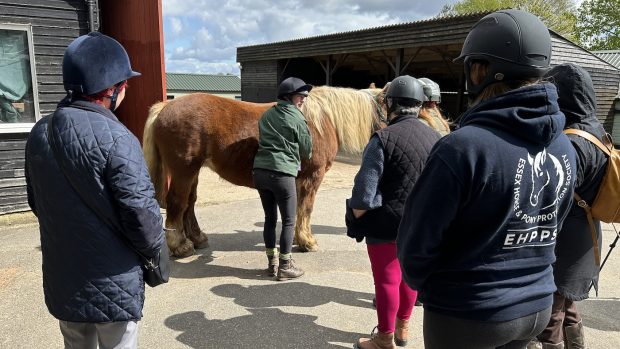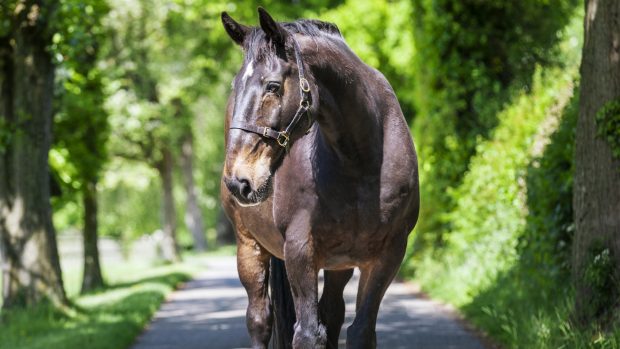19 September 2001
Breaking and training a young horse takes time, patience and expertise and is a big responsibility.
Before you take up the challenge of bringing on a baby, consider the following points first:
- If you’re thinking about buying an unbroken horse to back yourself, and it’s your first, don’t. You probably won’t have enough practical experience.
- Are you a nervous person? If so, don’t attempt to do it yourself.
- Does the horse have the sort of temperament that would help a first-time trainer to overcome any minor glitches? A big, highly-strung youngster is not the ideal horse to start off with!
- If you simply want to get the experience of breaking a youngster, think about buying a sturdy pony. A smaller animal is easier to deal with, cheaper to buy and keep than a large horse and should be reasonably easy to sell if you do a good job.
- Do you have the time and the patience? You can’t train a young horse with one eye on the clock because you’re late for work.
- Do you have safe facilities? It makes a lot of difference if you have a small area available in which you can start lungeing and riding. Don’t be tempted to do things out in the open.
- If you need help, can you get it from someone who has successfully started young horses before and is very calm?
- Do you have someone reliable to ride with you when you first go out?
- Do you know how to make sure that your horse’s tack and equipment is comfortable? Everything the horse wears must bit and be comfortable.
- Are you prepared to take as much time as is necessary? You need to make sure the horse understands one step before you go onto the next.To find out more about training read this month’s (October) issue of HORSE magazine or click here to subscribe.




